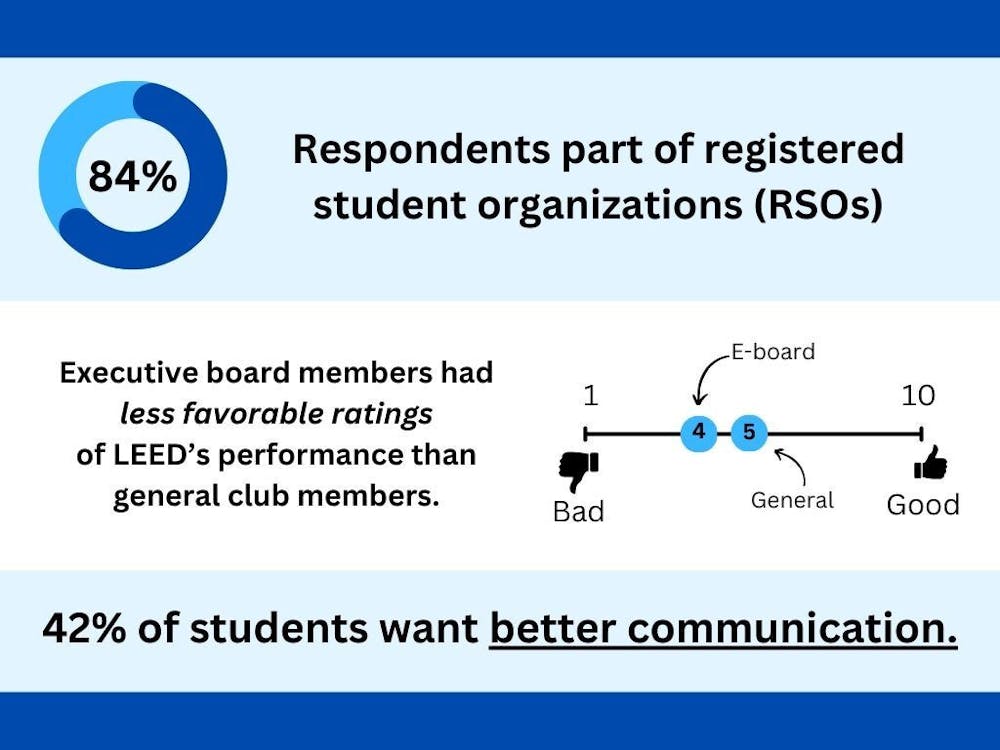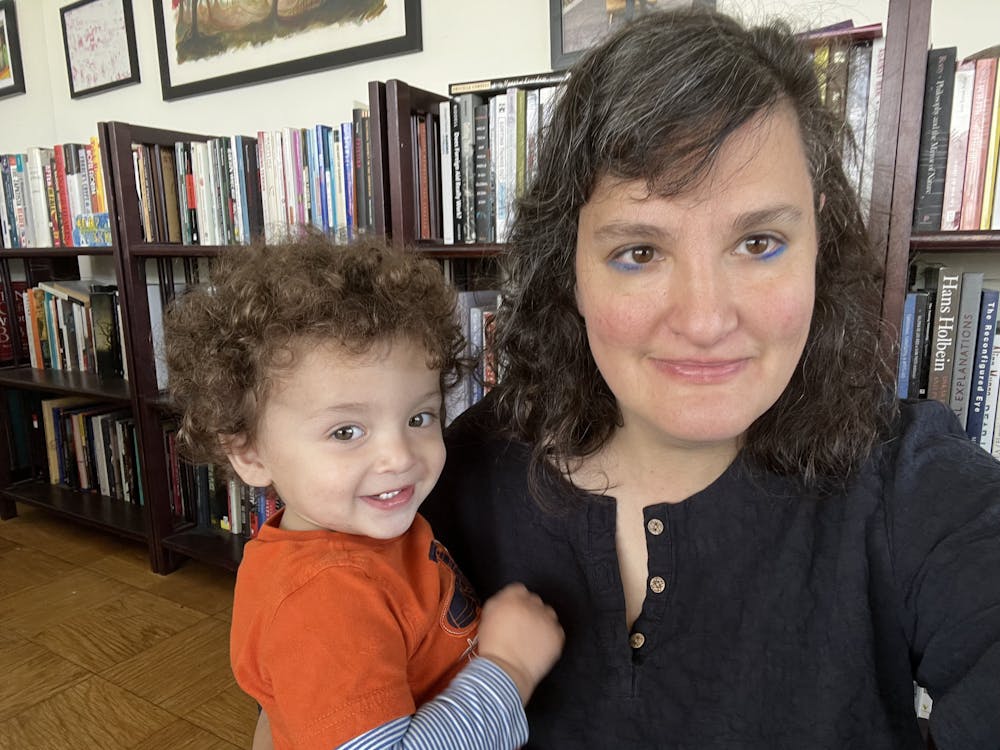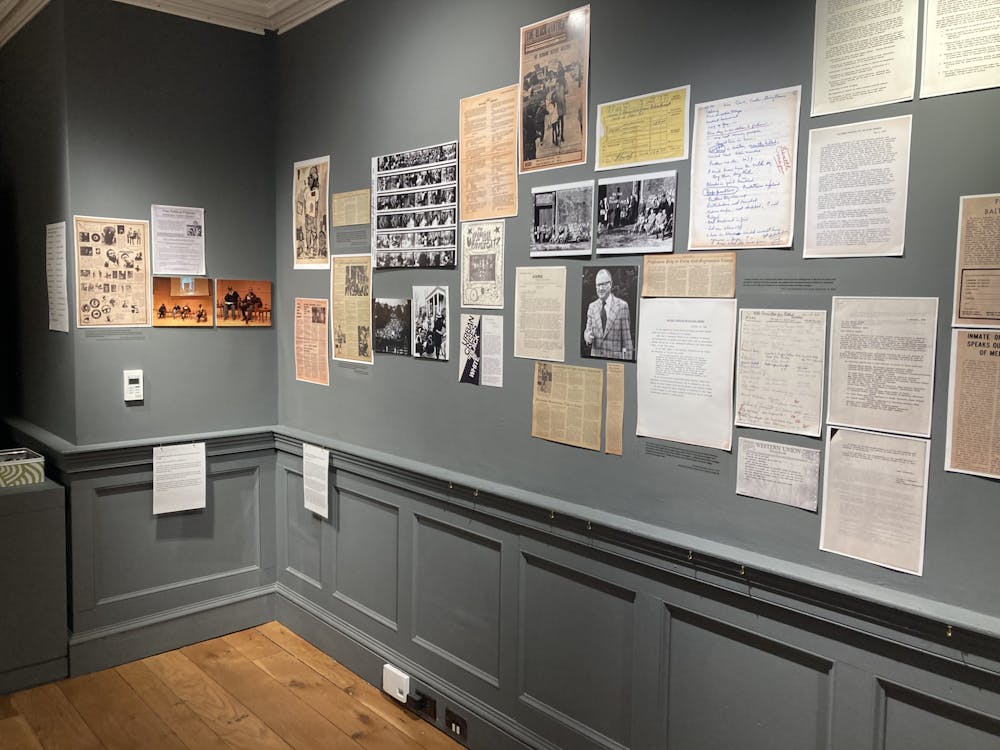Since the spring of 2015, Flash Seminars have provided a platform for students and professors to explore intellectual themes outside the pressure of the classroom.
The seven founders were determined to provide an outlet for groups of 10 to 15 students to delve deeper into a topic chosen by a professor. The seminars aim to generate discussion solely for the sake of learning.
Senior Caleb Warren was inspired by his sister, who successfully implemented the flash seminar model at The University of Virginia. He founded the group with six other current seniors: Asa Stahl, Dylan Zerjav, Ricky Poulton, Thomas Boucher, Theodore Kupfer and Chris Petrillo.
Professors assign a short reading before the hour-long seminar, which requires no prior knowledge of the topic to attend.
Past seminars have included “Value and the Importance of What We Care About,” “What do we talk about when we talk about the past?” and “The New Jim Crow: Mass Incarceration in the Age of Colorblindness.”
According to Stahl, the seminars strive to fill a niche on campus where students can engage in animated discussion free from the pressure of grades.
“Even in my history classes and other humanities classes, people weren’t discussing things at the level that I thought they would be when I entered college,” Stahl said. “It seems like at Hopkins at least, there’s this unspoken stigma about really participating within the classroom to an extent. For this kind of thing to occur, it had to happen outside the classroom.”
The first seminar Warren and his roommates planned featured Stewart Hendry, a professor of neuroscience and expert on the Soviet Union, who discussed the Cuban Missile Crisis.
Their second seminar was more lecture-based and run by Mike Boston, an associate professor in the military science department, who spoke about Daesh, also known as the Islamic State. According to Warren, the contrast between the different styles of their first two seminars helped them determine the model for future Flash Seminars.
Warren explained that Flash Seminars are also designed to bring students together with peers from other fields and disciplines that they typically might not interact with.
“Hopkins has become so much more pre-professional and that was our biggest qualm,” Warren said. “Hopkins is really tough that way. We felt like [Flash Seminars] was an intermediary because it’s really a social event, people are telling stories, people are filling in gaps using anecdotes from their life, so it really is about getting to know other people as well as the ideas.”
Tobias Marriage, an assistant professor in the Physics and Astronomy Department, who led a seminar called “The End of the Anthropocene: How Impending is Our Extinction?” agreed with the need for students to engage with one another outside of the classroom.
“I think our students do get exceptionally focused on achieving particular hurdles that are put in front of them — getting multiple degrees, getting that summer internship, things like that. It’s not always clear to me how much students are trying to achieve particular goals set in front of them and how much of it is them trying to explore knowledge and asking questions that are important to them,” he said. “These flash seminars afford a forum for intellectual exploration outside of the classroom that is so crucial.”
Warren highlighted that Flash Seminars provide a setting where students can interact with professors without the pressure associated with grades or networking.
“A lot of people don’t go to office hours, or if they do they talk about just the test,” he said. “But professors are some of the coolest people out there. They’re doing really neat research. They all have hobbies, lives families. They really do care about students.”
While Stahl and his roommates were interested in filling this niche on campus, they were initially uncertain as to how the seminars would be received by students.
“We didn’t know how much it was going to be something that was desired [by students]” he said. “The fact that it didn’t exist was disappointing, but we figured we would try. We were excited and enthusiastic to begin with, but we didn’t think it would take off like it has.”
In its beginning stages, Flash Seminars used a recommendation system to garner interest as a new organization. Warren explained that the objective of the recommendation system was to differentiate the organization from other groups.
“We thought if you see a flyer around campus it’s hard to justify an hour of your time at Hopkins. We wanted to make it so that it was somewhat different,” Warren said. “We did that by asking everyone that came to the first one to recommend three people, and then we sent those people an email that said to consider signing up for one. Then those three people recommended three people and so on. This year, we felt that we weren’t reaching the entire student body, so we made an open group on Facebook and now people can sign-up.”
Last Wednesday, former Provost and current Political Science Professor Robert Lieberman led a Flash Seminar called, “Post-Industrial Revolution? The Working Class and the 2016 Election.” The discussion compared the social and economic changes that led to England’s industrial revolution to the current status of America’s working class in light of the recent presidential election.
Lieberman said he appreciated the opportunity to discuss the results of the election with students outside of the classroom.
“It’s different than the typical student-faculty kind of interaction because there’s nothing at stake really except getting together and thinking about things,” Lieberman said. “No assignments, no grades, none of the usual trappings of a class, and you’re getting people who were there because they’re interested in giving up some of their leisure time to do this.”
In response to the seminar, sophomore Emma Weinert was intrigued by the parallels drawn between the two time periods Lieberman discussed.
“It was an important discussion to have in the aftermath of the election, and it was a new interpretation that I had not read or heard before,” Weinert wrote in an email to The News-Letter. “Flash seminars, in general, are great at sparking new, unusual and interesting perspectives.”
While junior Renee Scavone agreed that the topic was relevant, she noted that as a student less familiar in economics, it was difficult to understand.
“Though I think the professor overestimated the average knowledge of economics, it was still interesting content,” Scavone wrote in an email to The News-Letter. “I definitely learned from the conversation even if I couldn’t participate in it as much as I would have liked.”
Flash Seminars are growing as a presence on campus. The organization also started the new initiative “Flash Dinners”’ which are discussions hosted by Warren and his roommates at their house. Eventually, they hope to have a weekly dinner that might serve as a follow-up to a previous seminars.
Stahl emphasized that students should experience what it’s like to attend a Flash Seminar for themselves.
“If you view your goal of college as not only getting your degree... but also know that there is a more well-rounded and humanistic definition of education, then it’s definitely worth it to at least subscribe to the email list and see what topics are being thrown around on a weekly basis,” he said. “If nothing else, you’ve only wasted an hour of your time.”















Please note All comments are eligible for publication in The News-Letter.